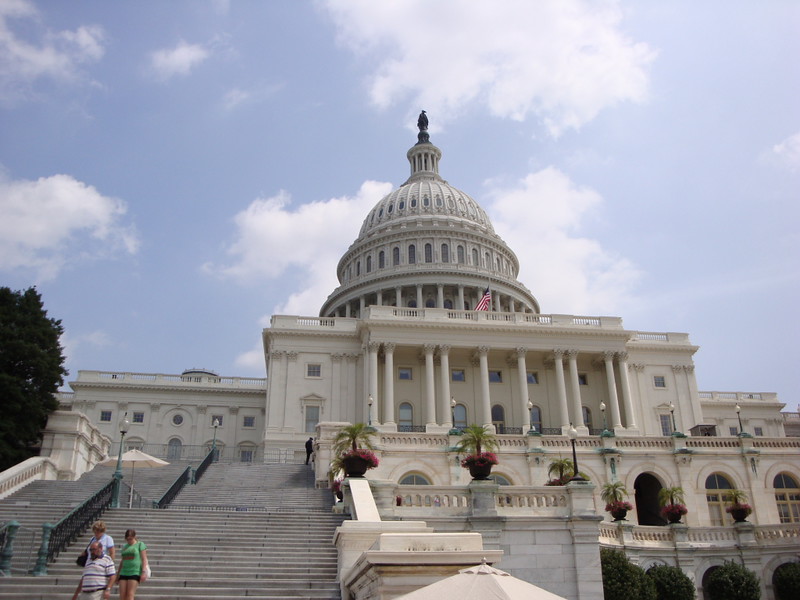
The House is set to vote on H. Res. 965, a measure that would allow lawmakers to vote-by-proxy for the duration of the Coronavirus pandemic and provides an on-ramp for members to vote remotely via technology.
If implemented, this resolution would undermine our Constitutional system and delegitimize the lawmaking process. Congress should reject H. Res. 965.
The Coronavirus crisis has completely upended normal life in the United States, with Americans all over the country complying with shelter-in-place and social distancing guidelines.
Despite these restrictions, millions of workers are braving the pandemic in order to keep the country running. Essential workers, like postal workers, truck drivers, grocery store clerks, and police officers simply can’t perform the full extent of their jobs from home.
Neither can members of Congress.
Proxy voting would allow a member of Congress to serve as a “designated proxy” for up to 10 of their colleagues, a practice that would delegitimize the lawmaking process.
As constitutional experts Timothy LaPira and James Wallner have pointed out, lawmakers legitimize the legislative process by participating in the “deliberation, persuasion, bargaining, and compromise that precede voting.” The informal and formal processes that precede the actual vote are crucial to ensuring that members are able to adequately represent their constituents’ interests in Washington.
Proxy voting undercuts this process by restricting the ability of rank and file members to contribute to the legislative process, making members mere rubber-stamps for legislation they had no input in crafting. Proxy voting would especially be problematic when considering massive spending packages, where lawmakers are often left in the dark even in regular order.
Remote voting, where members of Congress use technology to vote from home, is an even worse idea. Enabling lawmakers to vote remotely violates existing rules in the House and Senate and raises critical Constitutional questions.
Article 1 Section 4 of the Constitution states that “The Congress shall assemble at least once in every Year,” clearly communicating that the Framers intended lawmakers to conduct their business in person.
Critically, Article 1 Section 5 establishes a requirement that a “quorum” of a majority of members have to be present in order for either chamber “to do Business.” Remote voting undermines the quorum requirement because members are not actually present in the chamber, clearly violating Constitutional intent.
The fact is, Congress has already taken steps to protect lawmakers amidst the pandemic. The Capitol grounds are closed to the public and strictly restricted to members and staff. The Senate has changed its procedures to increase the time allotted for votes so less Senators have to be on the floor at any given time.
Ultimately, Americans send their representatives to Washington with an expectation that they will represent their interests in person. Proxy voting would shirk this sacred trust and greatly restrict the influence of rank and file members on the lawmaking process. Remote voting would violate existing rules and run completely afoul of the intent of the Framers.
If essential workers can adapt to the pandemic in order to keep the country running, our representatives in Congress should be able to do the same.

